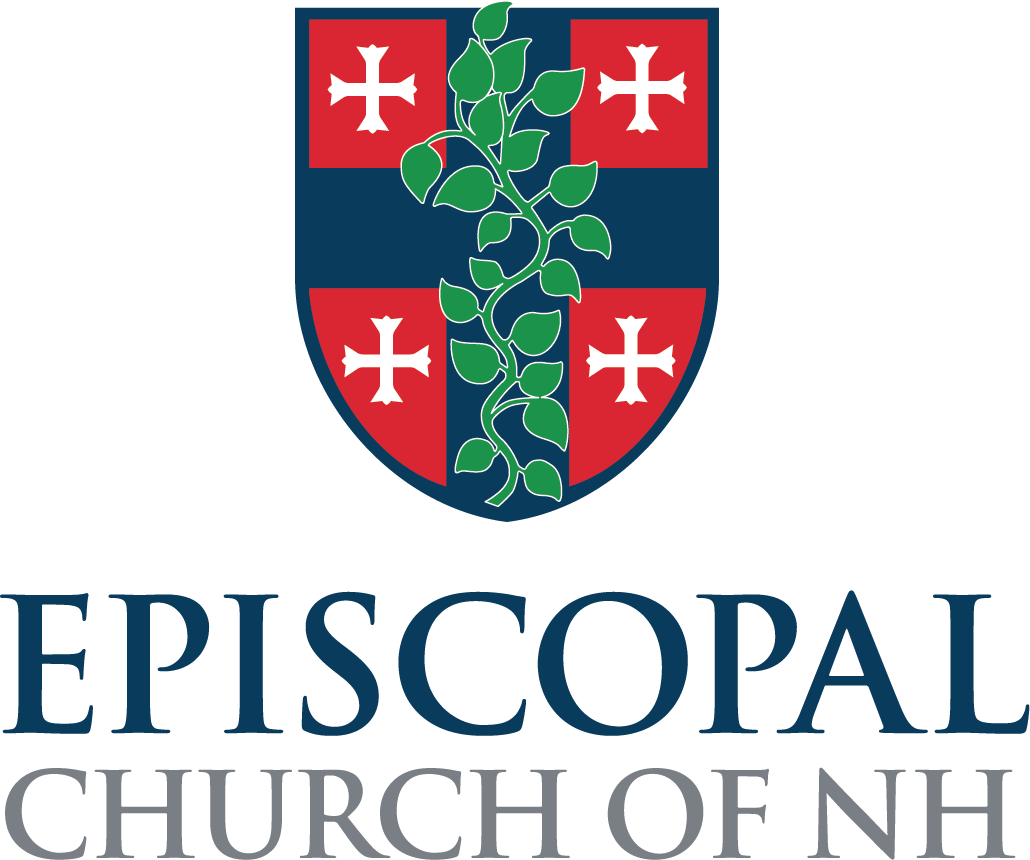Clergy Conduct and Title IV
“Title IV” of the Episcopal Church Canons details the grounds and process for ecclesiastical discipline. It is a church-wide structure to address claims that bishops, priests, or deacons may have engaged in conduct constituting an offense under the Canons. It encourages accountability, justice, reconciliation, restoration and pastoral responses. For anyone suspecting clergy misconduct, helpful information is below.
If you have an experience to share about a clergy person violating standards of conduct, we are prepared to listen and respond. Please contact our intake officer.
If you have an experience in an Episcopal church that does not involve the conduct of a clergy person, but you would like a safe space to share your story, please contact your priest, or the diocesan office at 603-224-1914.
Diocesan Intake Officers:
If you have a concern about the behavior of a clergy person in the Episcopal Church of New Hampshire, you may reach out to the Diocesan Intake Officer by phone or email. They will respond sensitively, listen deeply, provide information about the Title IV process, and create a written report.
The Rev. Canon Linda Grenz
Email: transition@diovermont.org
Phone: 413-221-0571
The Rev. Canon Linda Grenz served as Canon to the Ordinary in the Episcopal Church of Rhode Island until her retirement. She now serves as Transition Ministry Consultant for the Diocese of Vermont and for the Convocation of Episcopal Churches in Europe.
Joint Title IV Disciplinary Board
The dioceses of Vermont, New Hampshire and Maine have a Joint Title IV Disciplinary Board, the members of which are listed here.
For more information about Title IV, visit titleiv.org
Clergy standards of conduct according to the Episcopal Church Canons:
Members of the clergy should:
Maintain confidentiality
Safeguard property and funds of the church
Conform to the canons of the Episcopal Church and the rubrics of The Book of Common Prayer
Abide by ordination vows
Obtain consent of the bishop before engaging in secular employment
Obtain consent of the bishop to be absent from the diocese for more than two years
Members of the clergy should not:
Engage in sexual misconduct (includes sexual behavior with: a member of the congregation; employee; volunteer; person in high school; person under 18 years of age; person legally incompetent; someone with whom the clergy has ever had a pastoral relationship)
Hold or teach any doctrine contrary to that held by the Episcopal Church
Commit criminal acts
Engage in dishonesty, fraud, deceit, or misrepresentation
Habitually neglect public worship, Holy Communion
Engage in any conduct unbecoming a member of the clergy
Please note: Members of the clergy are required to report to an intake officer anything that may constitute an offense and to cooperate with the clergy disciplinary process.

